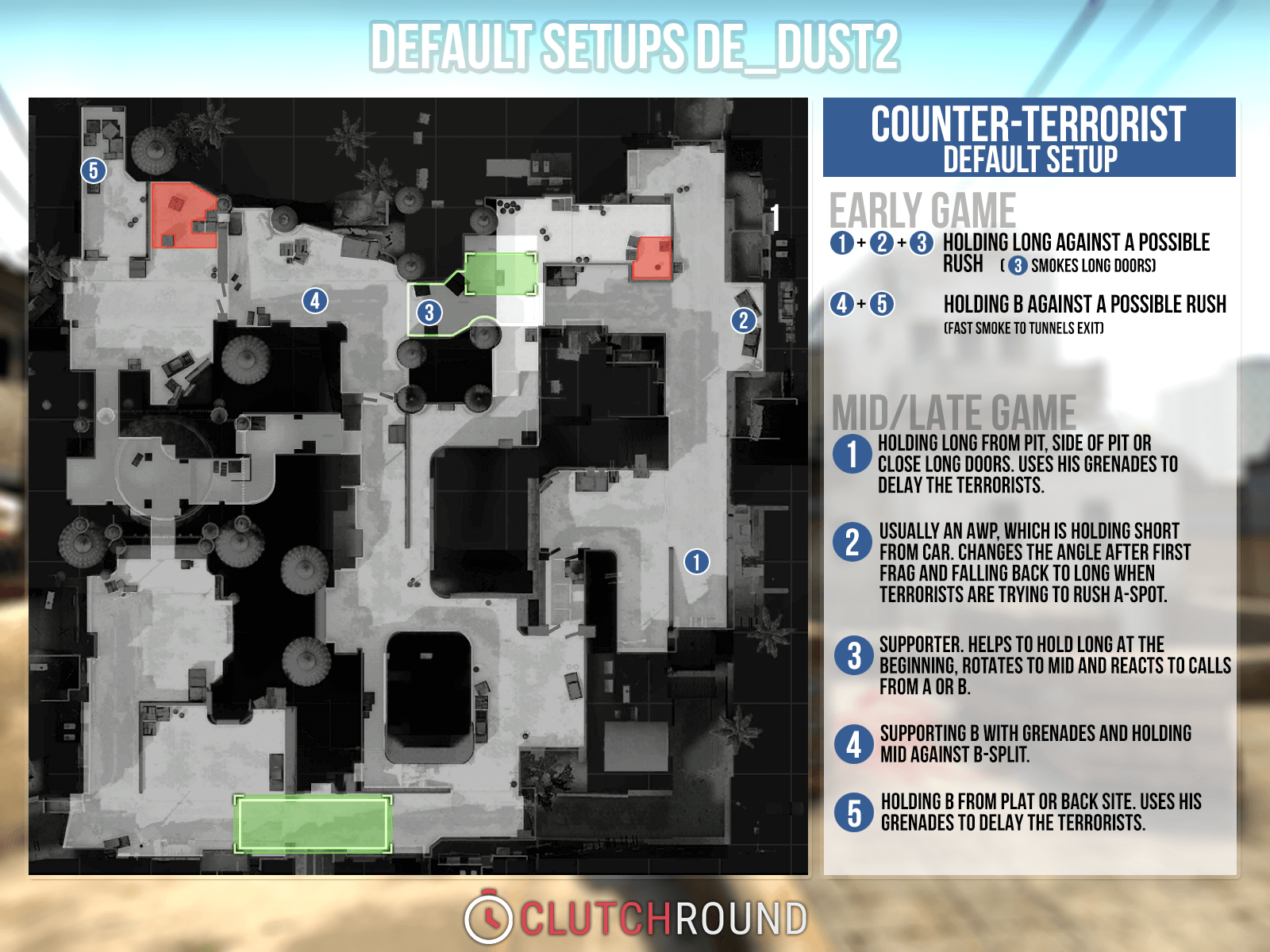Buzz of Connections
Exploring the latest trends in dating, relationships, and social interactions.
Counter-Terrorist Chronicles: Unconventional Setups to Outsmart Opponents
Discover unconventional strategies to outsmart opponents in the world of counter-terrorism. Dive into thrilling chronicles and stay ahead!
Understanding Asymmetrical Warfare: Strategies for Counter-Terrorism
Understanding asymmetrical warfare involves recognizing the tactics employed by smaller, non-state actors against larger, established military forces. This form of conflict often blurs traditional battle lines and utilizes unconventional strategies such as guerrilla warfare, sabotage, and cyber attacks. These tactics are designed to exploit the weaknesses of a conventional military, making it challenging for these forces to respond effectively. For counter-terrorism efforts, it is crucial to analyze the motivations and operational methods of asymmetric combatants to develop tailored strategies that can neutralize their impact while minimizing civilian casualties.
To effectively combat asymmetrical threats, counter-terrorism strategies should incorporate a multi-faceted approach. For instance, understanding cultural, political, and socioeconomic factors within targeted regions can lead to more effective intelligence gathering and community engagement. Additionally, using advanced technology—including surveillance systems and data analytics—can enhance situational awareness. It's also essential to foster international cooperation and information sharing among allies, which can create a united front against these complex and evolving threats. By combining these elements, governments can improve their resilience against the challenges posed by asymmetrical warfare.

Counter-Strike is a popular tactical first-person shooter that pits two teams against each other: terrorists and counter-terrorists. Players can choose various weapons, including a classic knife, to gain an advantage in gameplay. The game is renowned for its competitive scene and has influenced many other titles in the genre.
Innovative Tactical Approaches: How to Outsmart Terrorist Organizations
The evolving nature of modern terrorist threats requires innovative tactical approaches to effectively outsmart these organizations. Traditional methods of counter-terrorism have become less effective as terrorist groups adapt and adopt new technologies. To address this challenge, security agencies worldwide are implementing advanced data analytics and artificial intelligence to predict and thwart potential attacks. For instance, integrating machine learning algorithms can help in analyzing vast amounts of data from social media, financial transactions, and communications, allowing authorities to identify patterns indicative of terrorist activities.
Furthermore, collaboration between nations and intelligence agencies is vital in countering terrorism. By sharing crucial information and resources, countries can mount a united front against these organizations. Strategies such as community engagement and counter-radicalization programs are also essential, as they address the root causes of terrorism. Initiatives that involve local communities can help in detecting early signs of radicalization, ultimately leading to timely interventions. By employing these innovative tactical approaches, we can significantly enhance our ability to outsmart terrorist organizations and ensure global security.
The Psychology of Terrorism: Insights for Counter-Terrorist Operations
The psychology of terrorism plays a crucial role in understanding how individuals become radicalized and engaged in violent acts. At its core, terrorism is often driven by a complex interplay of social, political, and psychological factors. Factors such as identity crisis, perceived injustices, and the desire for belonging can push individuals into extremist ideologies. By analyzing these psychological aspects, counter-terrorist operations can develop more effective strategies that address the underlying causes of radicalization rather than only reacting to the violence itself.
Moreover, insights into the psychology of terrorism can enhance the effectiveness of counter-terrorist measures. For instance, understanding group dynamics within terrorist organizations allows authorities to identify potential recruitment methods and disrupt communication channels. Additionally, psychological profiling of potential terrorists can aid in early detection and intervention strategies. By leveraging psychology in counter-terrorism operations, law enforcement agencies can not only prevent attacks but also work towards rehabilitating individuals who may be on the path to radicalization.